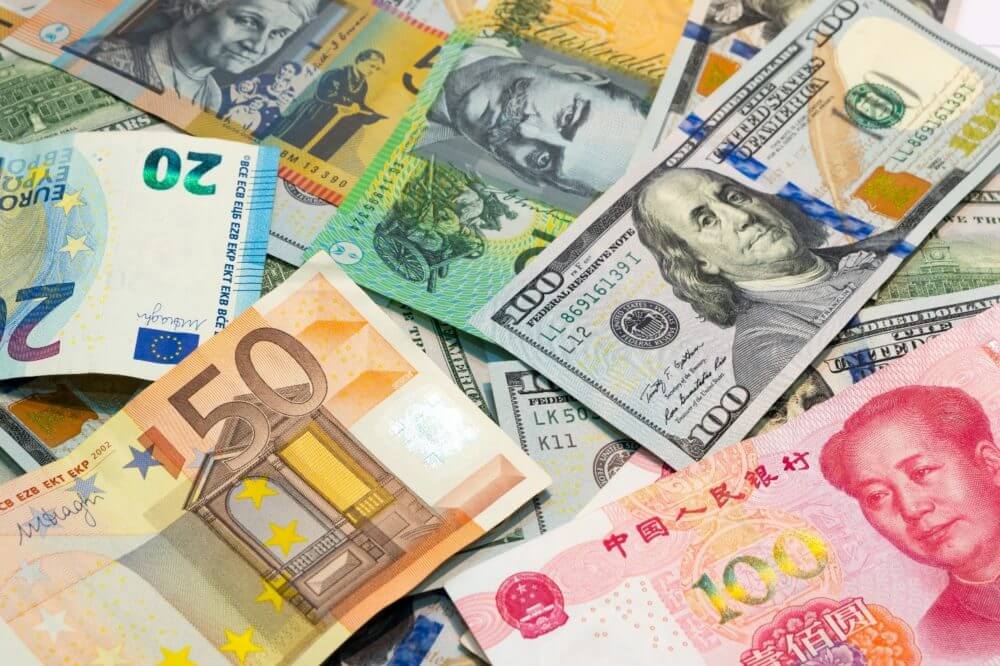On December 18, traders in Asia skimmed some profits from the big moves. It had weighed on dollar to a nine-month low against the safe-haven yen. The Japanese currency was falling against the euro and the Australian and New Zealand dollars.
On Friday, the U.S. dollar was stronger at 103.39 yen. It increased by approximately the same margin versus the Australian and New Zealand dollars. Significantly, it rose by nearly 0.2% versus the euro.
The greenback is down 0.6% against the yen for the week. Notably, it had dropped below September’s low of 103.18 yen on December 17. It is also set for a seventh straight weekly fall against the Antipodeans and a 1.1% decline against the euro.
The British pound is on course for a 2.4% weekly gain on the dollar. The optimism of a Brexit trade deal breakthrough before the end of 2020 fueled its best weekly growth in six months was.
According to Moh Siong Sim, Bank of Singapore currency analyst, the bigger picture here is that the market is hopeful for resolving Brexit and fiscal stimulus talks.
Sim announced that even weak U.S. economic data boosts investors’ expectations for a government spending package. Therefore, it would raise consumption and risk appetite and decline the dollar.
The greenback increased by 0.15% against a basket of currencies and settled at 89.986 – barely over the two and a half year low of 89.723 it made on Thursday. Significantly, the dollar index is down 1% for the week so far and has dropped 12.6% from a three-year peak in March.
The world’s largest cryptocurrency, Bitcoin, was steady in Asia. However, it has climbed about 20% this week to record levels over $23,000 as flows have poured in from mainstream investors who are starting to view it as an inflation-protected wealth store.
The South Korean won declined, while the Thai baht climbed to a seven-year high
The Norwegian crown lost some of yesterday’s sharp increases. Hence it had followed hints at rate hikes by the central bank. Moreover, the South Korean won also saw a decline in a new wave of COVID-19 infections, which is straining hospitals.
The dollar was last up 0.5% on the won and had hit its 20-day moving average to 1,099 won.
The Thailand currency climbed to a seven-year high on inflows optimism after Thailand eased travel restrictions on Thursday. As investors bet, Washington’s warning may temper central bank efforts to restrain the baht’s recent growth.
Furthermore, on December 18, the Bank of Japan extended its aid scheme for corporate lending. It kept other policy settings steady, as expected. Besides, it also pledged to examine more effective ways to achieve its 2% inflation target.











